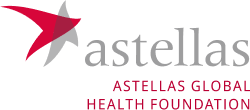
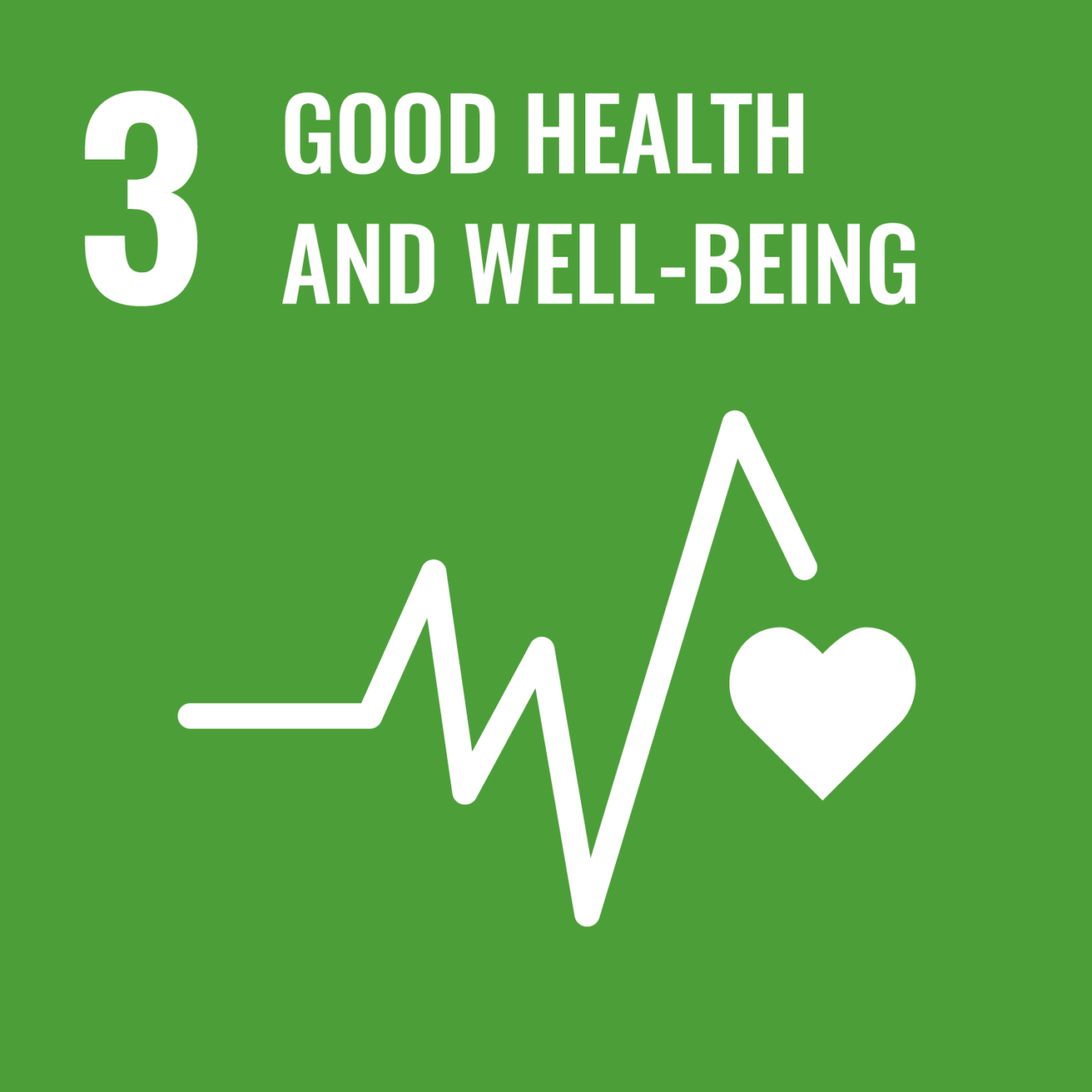
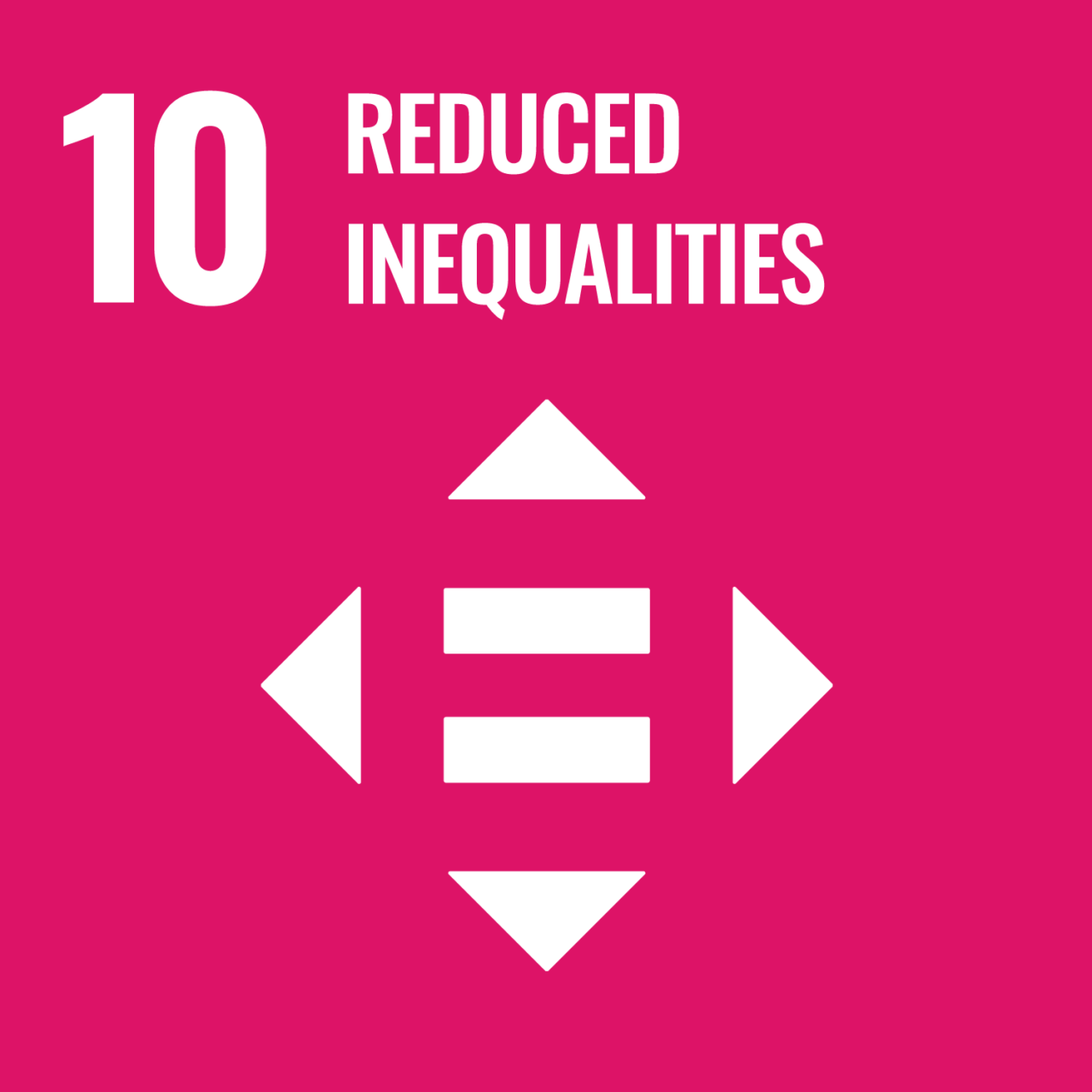
WORLD VISION PARTNER SINCE 2020
In many countries, one repercussion of the COVID-19 outbreak was the exposure of significant gaps in healthcare access. In rural and remote areas of the Democratic Republic of the Congo (DRC) and Nepal, barriers to healthcare already existed, including lack of health facilities and inconsistent quality of care as well as worsening inequalities between ethnic groups. With the onset of the global pandemic, health services in Nepal were severely disrupted and risk of infection was high due to open borders, international commutes, and lack of accurate information.
However, situations like these are why the Astellas Global Health Foundation was created. An international philanthropic organization focused on helping underserved people in low- to middle-income countries where Astellas Pharma Inc. does not have a business presence, the Foundation funds efforts to improve health access, build resilient communities, and provide disaster support for vulnerable global communities.
The Astellas Global Health Foundation found a like-minded partner in World Vision. With its first grant to World Vision, the Astellas Global Health Foundation supported a COVID-19 community prevention and partnership project with health systems in the DRC, impacting nearly 217,000 people, which surpassed original program goals by 100%.
Building on this success, the Astellas Global Health Foundation partnered with World Vision by awarding a second grant to support its COVID-19 preparedness and recovery project in Nepal. The project aimed to limit the spread of the virus in the community through education and equipping health facilities for both in-patient and at-home care for COVID-19.
Education efforts, which reached more than 130,000 people in the region, included activities such as:
- Providing hygiene kits to frontline health workers, people with disabilities, and children
- Mobilization of community health volunteers and workers to share information through informal group and mothers’ meetings
- “Miking” to disseminate messages on the streets using carts with signs and loudspeakers
- Advertising COVID-19 prevention and vaccine adoption through mass media campaigns and on the radio
In addition to education efforts, World Vision set up mobile vaccination camps to reach more than 1,500 people, focusing particularly on pregnant and nursing women, people with disabilities, and senior citizens in areas where vaccination sites aren’t accessible. World Vision also equipped and staffed additional vaccination sites, which provided vaccinations to more than 18,500 people.Additionally, through the project, World Vision and the Astellas Global Health Foundation were able to provide personal protective equipment and COVID-19 antigen tests as well as home isolation kits to local health facilities.
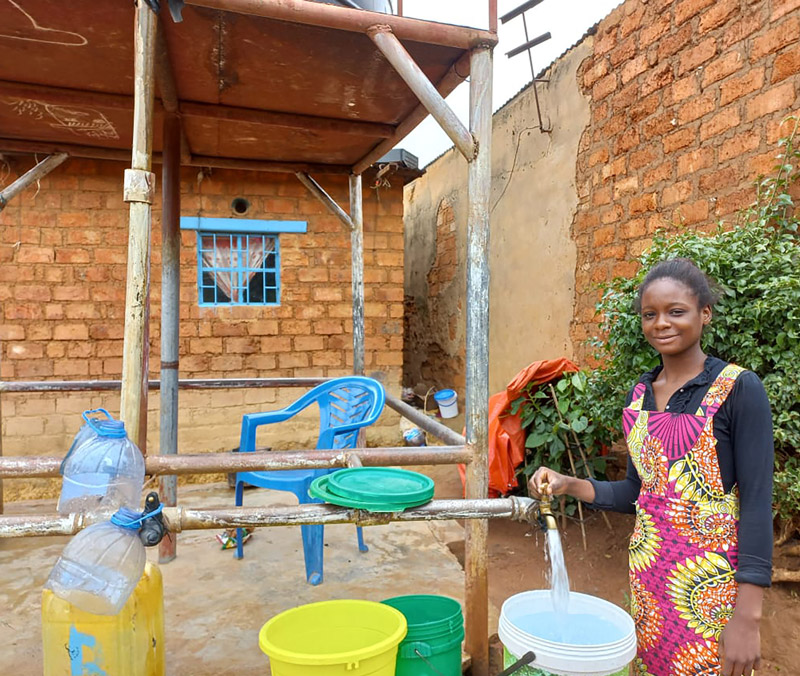
“We are extremely proud to have supported the meaningful impact World Vision has made in responding to the COVID-19 pandemic in hard-to-reach communities,” said Shingo Iino, Ph.D., president of the Astellas Global Health Foundation. “We view the opportunity to fund efforts like these as important opportunities for the Foundation to address urgent healthcare needs and make a sustainable impact on the health of underserved people around the world.” Taukir, a resident of rural Nepal, shared how hearing COVID-19 messages made him aware about the virus and encouraged him to get the vaccine. “[They explained how] to stay safe from the coronavirus like getting vaccinated, maintaining 3-meter social distance, using sanitizer and soap water to clean hands. With this message dissemination, I learnt a lot. I took the COVID-19 vaccine.”
Since September 2020, the Astellas Global Health Foundation has directed more than $2.75 million in funding to help improve organizations’ response to the COVID-19 pandemic in underserved communities.
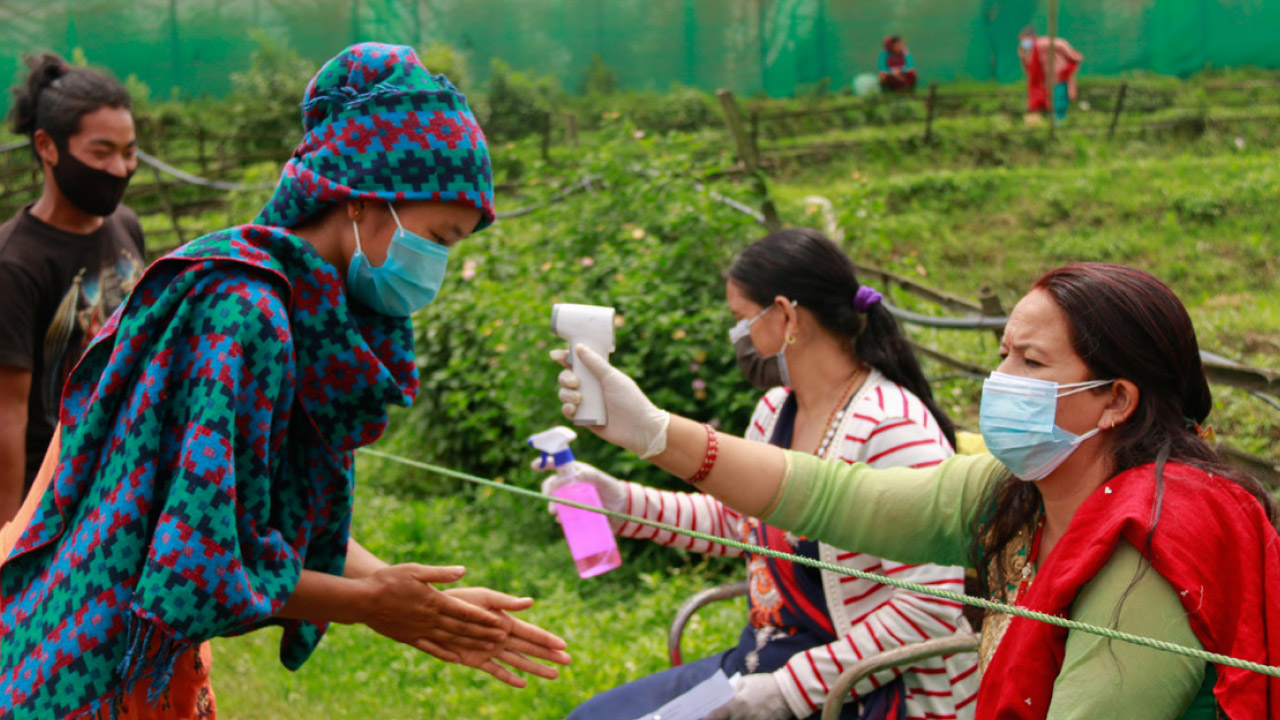

Comments